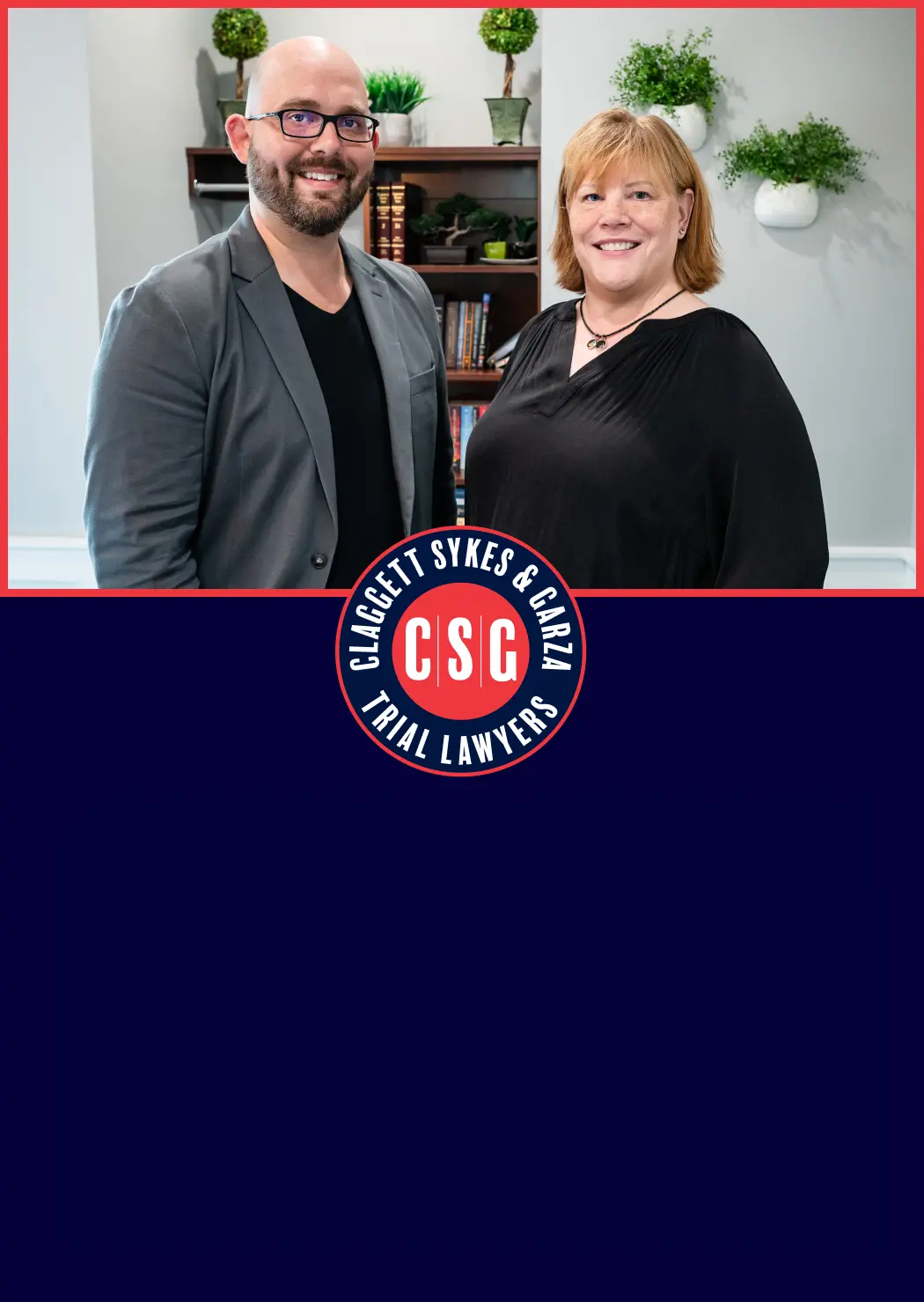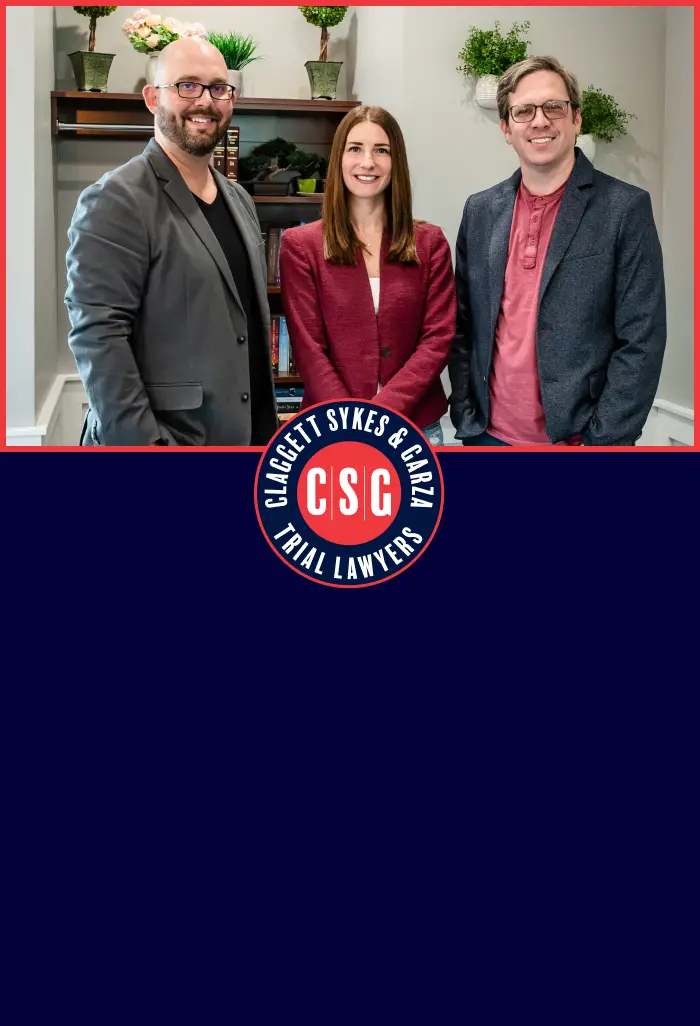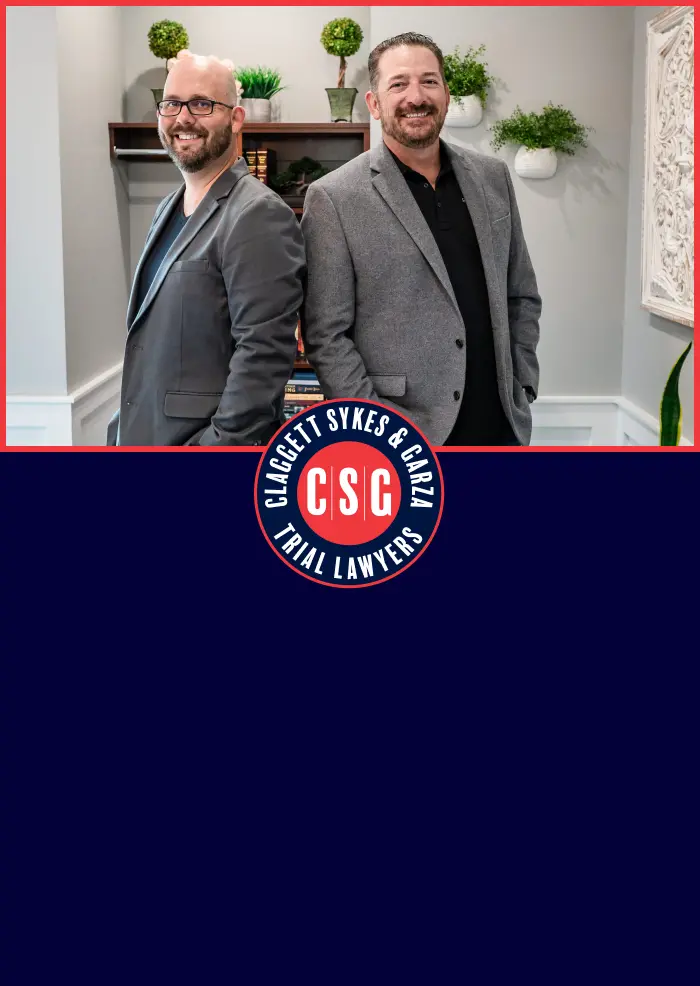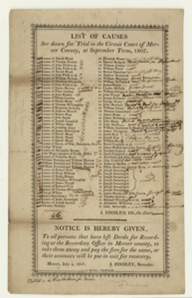Many slip and fall incidents occur without any other people nearby but that does not mean another party is not responsible for it. There are numerous ways that a property owner or manager can hold liability in a Manchester slip and fall case. For help in identifying this liability, you could team up with a determined slip and fall attorney who has experience in this type of law.
Liability for a Public Entity
Government entities have a level of immunity against lawsuits, which means an injured person might have to give notice within 90 days if they were injured in a public property slip and fall. This can include government-owned parks or buildings. For a private landowner, such as a homeowner or a business, there is no requirement to notify them immediately. Despite this immunity, the city of Manchester still owes a duty of care to its residents, and could hold liability in a slip and fall case.
To file injury claims against a government, a person must give specific notice to the correct municipal authority within the prescribed period. Every type of case can differ, whether it is state property, municipal property, property owned by the Metropolitan District Commission, or by the town itself. Connecticut has a host of notices that have to be given and if a claimant does not give the notice properly within the right period, they cannot bring a claim.

Injured in an Accident?
Get the Compensation You Deserve. Our Experienced Lawyers Can Help.
What is Actual Notice and Constructive Notice in Connecticut Law?
“Actual notice” means that the landowner knew that there was a problem on their property, such as a pothole or uneven pavement, because somebody wrote to management informing them of the hazard. That serves as proof that they knew about it and cannot claim otherwise. “Constructive notice” means that an owner should have known about a tripping hazard, such as uneven pavement or water pooling at a given location on a parking lot. The mere presence of these conditions is enough to inform someone that it is dangerous.
If the landowner does not have notice – constructive, actual, or otherwise – there is likely no liability if they did not know of the defect or have time to remedy it. If a sinkhole opens up and someone trips on it five minutes later, the landowner will not have liability because they would not have had time to notice or fix it. That could mean the difference between a valid claim and a claim that will be dismissed.
Contributory Negligence
Manchester is a contributory negligence jurisdiction, which means if someone is partially at fault for a fall, any verdict they obtain will be reduced by the percentage of their contribution to it. If the amount was $1,000 and they are 20 percent responsible, then they would get $800. However, if the plaintiff is more than 50 percent at fault, they will be barred from recovering in amount of money. This is more lenient than in some other states, where any amount of liability completely bars someone from recovering.

Suffered a Personal Injury?
Let Us Fight for Your Rights and Maximize Your Compensation.
Liability for Criminal Conduct
If a landlord in Manchester knows or creates conditions that are conducive for criminal activity, they may be held liable for a slip and fall that occurs there. In the event that a landlord knows criminal activity is occurring in an area of their parking lot where the lights are broken, and someone gets hurt while engaging in that criminal activity, the law states that the landlord could be held responsible for the crime occurring. They can be liable for creating the conditions, such as ignoring security measures or failing to call the police.

Injured Due to Negligence?
Experienced Personal Injury Lawyers Ready to Assist You.
Learn More About Liability in Manchester Slip and Fall Cases from an Attorney
Tripping accidents involving public entities have an extra layer of complexity to them, while criminal liability is possible if an accident occurred in tandem with a crime. Place a call now for a free consultation if you were injured due to property negligence. A lawyer could explain the nuances of liability in Manchester slip and fall cases.

